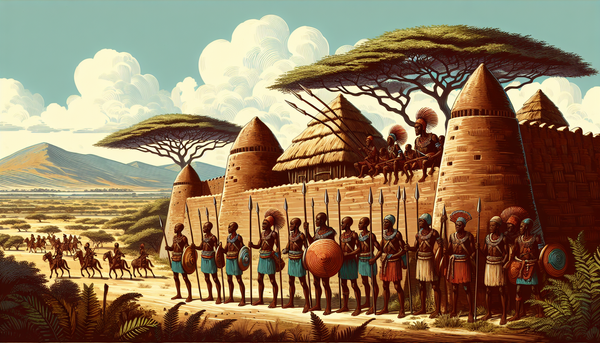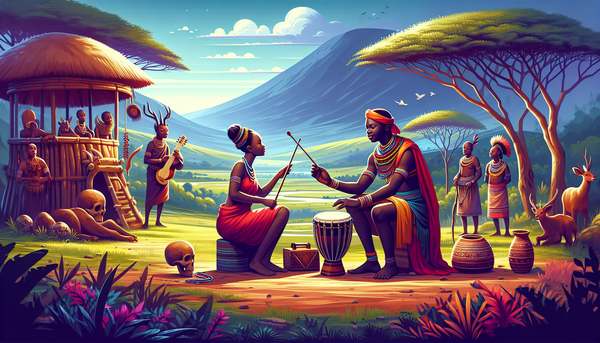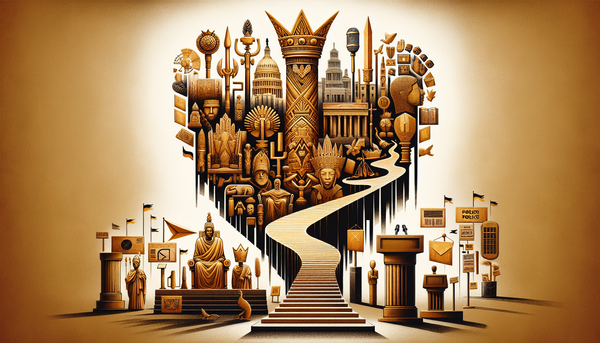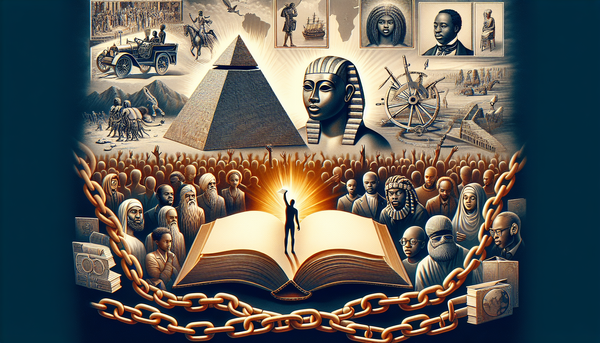Exploring the Role of African Traditional Religions
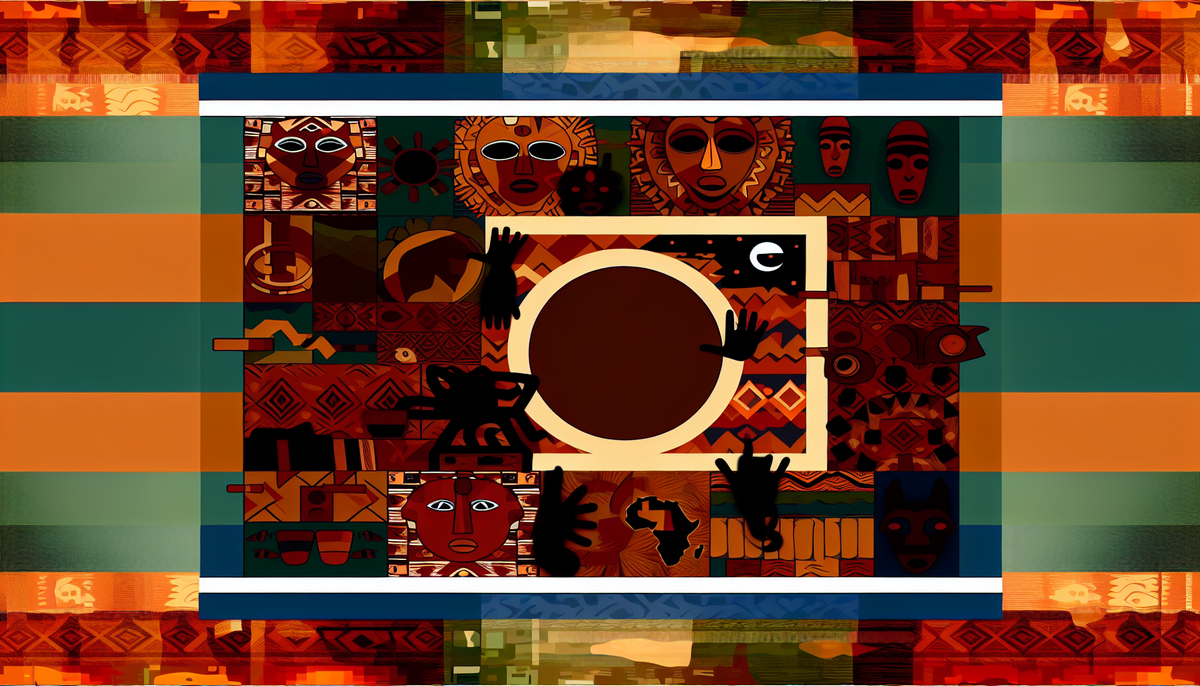
African Traditional Religions encompass a diverse array of spiritual practices and beliefs that have been passed down through generations within various African communities. These religions are deeply rooted in the continent's history, culture, and traditions, shaping the worldview and values of the people who adhere to them. Unlike organized religions with centralized doctrines, African Traditional Religions are often decentralized and consist of a rich tapestry of beliefs, rituals, and deities unique to each community.
The spiritual practices within African Traditional Religions often revolve around honoring the ancestors, nature spirits, and various manifestations of the divine. Rituals, ceremonies, and sacrifices play a significant role in maintaining harmony with the spiritual realm and the physical world. These religions emphasize the interconnectedness of all beings and the importance of living in harmony with nature and one's community.
As we delve deeper into the exploration of African Traditional Religions, we will uncover the richness and complexity of these belief systems and their enduring influence on the cultural landscape of Africa.
African Traditional Religions hold considerable influence on local communities across the continent, shaping every aspect of life from social structure to governance. These belief systems are deeply intertwined with the cultural fabric of African societies, guiding moral values, societal norms, and interpersonal relationships. The spiritual practices and rituals associated with African Traditional Religions serve as focal points for community cohesion, fostering a sense of unity and shared identity among its members.
Moreover, these religions often play a pivotal role in decision-making processes within communities, with traditional leaders and spiritual practitioners serving as mediators and custodians of wisdom. The belief in ancestral spirits and divine beings not only provides a spiritual framework for understanding the world but also offers guidance on matters of ethics, justice, and conflict resolution. The influence of African Traditional Religions extends beyond the individual to permeate the collective consciousness of local communities, reinforcing cultural pride and resilience in the face of external pressures and modernization.
African Traditional Religions are characterized by a rich tapestry of practices and rituals that are unique to the continent, reflecting the diverse cultural heritage and spiritual beliefs of its people. Rituals play a central role in these religions, serving as a means of communication with the divine, ancestors, and nature spirits. Ceremonies such as initiations, rites of passage, and harvest festivals are common expressions of reverence and gratitude within African Traditional Religions.
Drumming, dancing, chanting, and elaborate costumes are often integral components of these rituals, creating a sensory experience that engages both the participants and the spiritual realm. Offerings of food, drink, and symbolic objects are made to appease or honor the spirits, seeking their blessings and protection in return. Divination, trance dancing, and possession rituals are also prevalent in many African Traditional Religions, allowing practitioners to commune with the spirit world and receive guidance or healing.
These unique practices and rituals not only enrich the spiritual experiences of the practitioners but also serve as vibrant expressions of cultural identity and heritage, preserving the traditions of ancestral wisdom for future generations.
African Traditional Religions offer a distinct perspective on spirituality that differs from dominant global religious norms. Unlike monotheistic religions that emphasize belief in a single supreme deity, African Traditional Religions often venerate a pantheon of gods, spirits, and ancestors, reflecting a more animistic worldview where divinity is immanent in the natural world. This polytheistic belief system allows for a multiplicity of sacred beings and forces that influence human lives and events.
Furthermore, ethical values in African Traditional Religions are often based on communal harmony, reciprocity, and respect for nature, rather than the concept of sin and salvation prevalent in many global religions. The emphasis on interconnectedness and collective well-being underscores the communal nature of African spirituality, where the welfare of the group takes precedence over individual salvation.
While there are parallels between African Traditional Religions and other belief systems in terms of moral values and ritual practices, the fundamental differences in cosmology, theology, and worldview set them apart from dominant global religious norms, enriching the diversity of human spiritual expression.
The influence of African Traditional Religions on contemporary African society remains profound, shaping various aspects of life from cultural practices to political dynamics. Despite the spread of Christianity and Islam on the continent, many elements of traditional belief systems persist and continue to play a significant role in the lives of individuals and communities.
In modern Africa, ceremonies, rituals, and festivals rooted in traditional religions are still observed, serving as markers of cultural identity and expressions of spiritual beliefs. The principles of communal harmony, respect for nature, and reverence for ancestors promoted by these religions contribute to the social cohesion and resilience of African communities.
Moreover, traditional religious leaders often serve as mediators, advisors, and custodians of indigenous knowledge, playing a crucial role in conflict resolution, governance, and community development. Their spiritual authority and moral guidance uphold ethical standards and foster unity among diverse populations.
The enduring impact of African Traditional Religions on contemporary society underscores the cultural richness and spiritual diversity that continue to define the African continent.
Practitioners of African Traditional Religions face a range of challenges in the contemporary world, including marginalization, discrimination, and the erosion of traditional practices. The historical legacy of colonialism and the spread of Christianity and Islam have led to the stigmatization and suppression of indigenous beliefs, often relegating them to the fringes of society.
In many African countries, traditional spiritual practices are not officially recognized or protected by laws, leaving practitioners vulnerable to persecution and infringement on their religious freedoms. The lack of institutional support and resources for traditional religious communities hinders their ability to preserve and transmit their knowledge and rituals to future generations.
Additionally, rapid urbanization, globalization, and modernization pose threats to the continuity of African Traditional Religions, as younger generations are increasingly drawn to mainstream religions or secular lifestyles. As a result, traditional practices risk being lost or diluted over time, diminishing the cultural heritage and spiritual vitality of these belief systems.
Despite these challenges, many practitioners are actively working to revitalize and preserve African Traditional Religions through education, advocacy, and community engagement, striving to ensure the survival and relevance of these ancient traditions in the face of contemporary pressures.
The future prospects of African Traditional Religions reflect a complex interplay of challenges and opportunities in a rapidly changing world. Despite the pressures of globalization, modernization, and the dominance of mainstream religions, there is a growing recognition of the value and resilience of indigenous African spiritual practices.
As African societies continue to assert their cultural identities and reclaim their heritage, there is a renewed interest in and appreciation for African Traditional Religions as sources of wisdom, ethics, and community cohesion. Efforts to preserve and revitalize traditional practices, rituals, and knowledge systems are gaining momentum, supported by grassroots movements, academic research, and interfaith dialogue.
Furthermore, the recognition of the interconnectedness of environmental stewardship and spiritual beliefs in African Traditional Religions offers a unique perspective on sustainability and harmonious coexistence with the natural world. This ecological consciousness aligns with global calls for environmental protection and climate action, positioning African religions as valuable contributors to the broader discourse on ecological ethics and sustainable development.
Overall, the future of African Traditional Religions holds promise as practitioners, scholars, and activists work together to safeguard and celebrate these rich spiritual traditions for generations to come.
